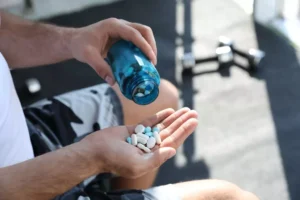
Here you can find useful links and phone numbers to get the support you need. Specific support is also available if you need help with your drinking. Eventually, dependence needs more of a substance drinking and panic attacks to get the same effects. Get the help you need from a therapist near you–a FREE service from Psychology Today. To find a therapist, please visit the Psychology Today Therapy Directory.
Alcohol intoxication may result in stressful mistakes
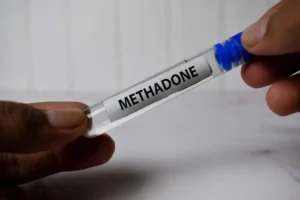
“Standard alcoholism symptoms drink” is a measure of how much alcohol is contained in a beverage. Drinks like beer, wine, and distilled spirits often contain very different amounts of alcohol. This means the size of an alcohol-containing beverage alone does not determine its alcohol content.
Supported living
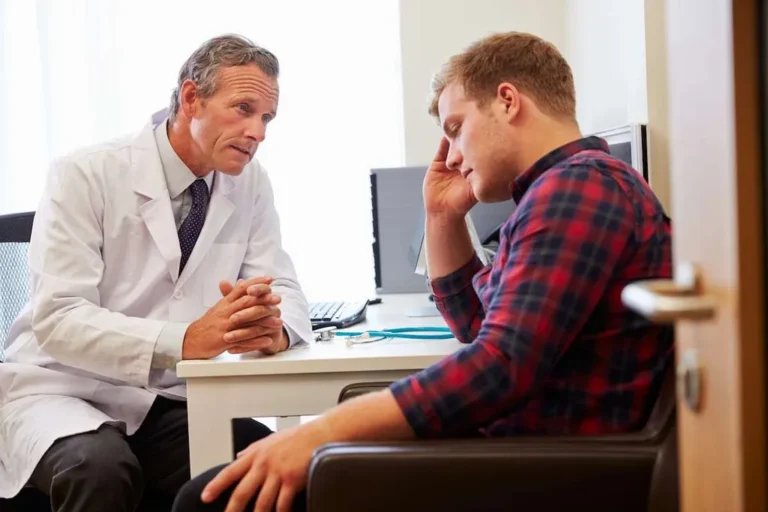
This shift has the opposite effect of the night before, causing your brain to become more excitable and overstimulated, which can lead to feelings of anxiety. This can lead to a cycle where people drink alcohol to help them relax, but then feel more anxious the next day. Anxiety and alcohol impact people differently, but as a rule anxiety that accompanies a hangover might last up to a day.
- During a nocturnal panic attack, you wake up while experiencing a sudden episode of fear and distress.
- However, social situations can also be stressful, especially for people who are prone to anxiety.
- Doing this can lead to a dependence on alcohol during socializing, which can make anxiety symptoms worse.
- Deep breathing, on the other hand, can relieve the symptoms of panic.
- Research from 2020 says that alcohol use releases GABA, which has a relaxing effect, but when the alcohol wears off, you’re left with too little GABA.
- Paula had her next panic attack three weeks later, and since then, they’ve been occurring with increasing frequency.
How are alcohol and anxiety related?
- “Standard drink” is a measure of how much alcohol is contained in a beverage.
- Left untreated, panic attacks and panic disorder can affect almost every area of your life.
- They might also consume alcohol at the gathering to feel more relaxed or less inhibited around others.
- Friends and family members can offer comfort but, unless they also struggle with panic disorder, they might not fully understand what you’re going through.
That said, we don’t currently provide treatment for schizophrenia, primary eating disorder treatment, or Medication Assisted Treatment for substance use disorders. To understand exactly why this happens, chemically, it’s important to understand the role of GABA—a neurotransmitter—in the brain and body. Even if someone starts drinking alcohol as a way to cope with anxiety, it can quickly have the opposite effect. For one, drinking alcohol more frequently or having larger amounts can cause hangovers. When you drink, do you couple this with eating pretzels, pizza or sweets? We tend to pair up our vices, and not only drink alcohol but also eat highly dense, problematic foods.
Panic attacks may come on suddenly and without warning at first, but over time, they’re usually triggered by certain situations. Before trying herbal remedies or dietary supplements, talk to your doctor. Some of these products can interfere with prescription medications or cause dangerous interactions. There’s nothing wrong with occasionally letting loose or even having a hangover from time to time.
Your body can have an uncomfortable sensation the next day as a result, which can feel like a nervous energy or anxiety. Even one drink can interrupt the natural cycles of sleep, causing a nervous or irritable feeling the next morning. Alcohol is a mild anesthesia and will put you in the mood for sleep — at least initially. Later in the sleep stages, alcohol disrupts REM sleep and paralytic sleep, which is when your body rejuvenates itself. Long-term heavy drinkers may be predisposed to developing an anxiety disorder. However, there is no evidence that moderate drinking will cause anxiety.
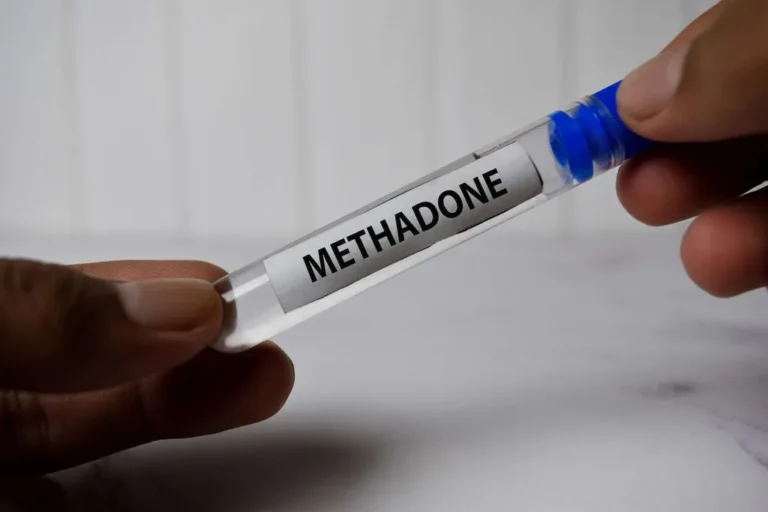
Those who drank alcohol saw some decrease in anxiety symptoms when drinking. But those who were highly shy tended to have higher levels of anxiety the next day. As the effects of the alcohol wear off, your brain works to rebalance these chemicals by reducing GABA and increasing glutamate.
Imagine that you’ve been stressed about your workplace responsibilities all week, and now your feelings have reached a boiling point. You might experience tension, irritability, restlessness, or lack of focus. Over time, these habits may not only worsen anxiety after drinking. They might also create some major challenges, both for your health and in your daily life. Maybe you realize you’ve started drinking a bit more to https://ecosoberhouse.com/ feel the same buzz.
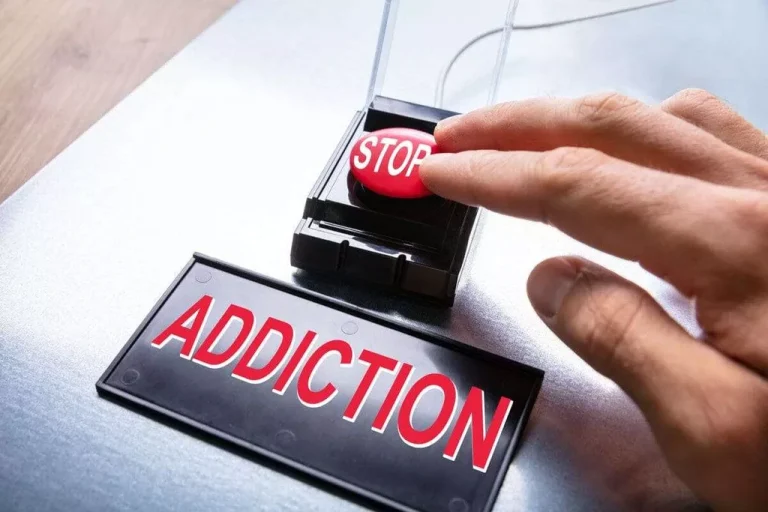
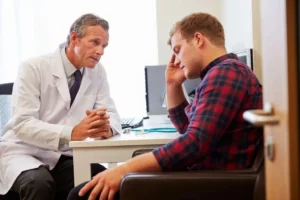
Excessive consumption of alcohol causes dehydration, which can make you feel dizzy and increase your heart rate. Alcohol is a diuretic, which means that it causes excessive expulsion of liquid from the body via urination. For every drink you have, you urinate as much as 50% to 100% more water, and this water is taken from other parts of the body. Up to one third of people will experience at least one panic attack in their lives, according to clinical psychiatrist Cindy Aaronson.
Follow Calm Clinic on:
Mark S. Gold, M.D., is a pioneering researcher, professor, and chairman of psychiatry at Yale, the University of Florida, and Washington University in St Louis. Naltrexone is promising for high-intensity drinkers, although success depends on drinking triggers, genetic profiles, and motivation for treatment. However, large-scale clinical trials focusing exclusively on naltrexone for HID patients remain limited. High-intensity drinking may lead to impulsively bad decision-making, physical assaults, accidents, and relationship problems. Character James Bond in the 2006 movie Casino Royale consumed 20 drinks before a high-speed car chase, leaving Bond in the hospital for two weeks.

